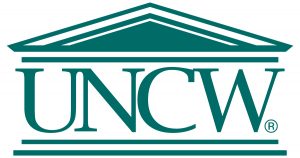Examination of principles of planning, scheduling, allocating resources, budgeting, proposal preparation, cost control and personnel management for instructional projects. Students negotiate an effective design project plan, how to implement that plan, and how to control and monitor project activities. Case studies will be used as a basis for exercises and discussions. Each student will develop a plan that meets specific criteria.
Topics include the characteristics and terminology of games, simulations and virtual worlds; development life cycles; design principles; evaluation; and an emphasis on connecting principles of learning to the design of games, simulations and virtual worlds. Students practice these concepts in several assignments. The course culminates with teams creating a functional prototype.
Examines issues, theory, research, and practice shaping the field of instructional technology. A particular topic is emphasized each time the course is offered. Students review issues, identify trends, debate theory application, and develop researchable questions.
Study of computer programming and problem-solving as applied to real-world educational problems with solutions designed and implemented in various programming and scripting languages. Topics include data types, logic, flowcharting, sequence, selection, repetition, functions, arrays, file i/o, design, testing, and debugging. Prior programming experience is neither assumed nor required.
Provides conceptual tools and analytic skills essential to planning, implementing, and evaluating instruction. The design of instruction that incorporates behavioral, cognitive and constructivist theories of learning and views of curriculum will be considered. Topics: types of learning; conditions of learning; performance objectives; purposes, forms, and procedures for educational assessment; task analysis, and lesson design.
This course will provide students with an understanding of the principles that underlie the design, production, and evaluation of instructional materials, computer generated presentations, and interactive media with particular emphasis on effective classroom use and integration into instructional units. Students will develop skills in the operation of microcomputers, computer software applications, telecommunications, and distance learning technologies.
